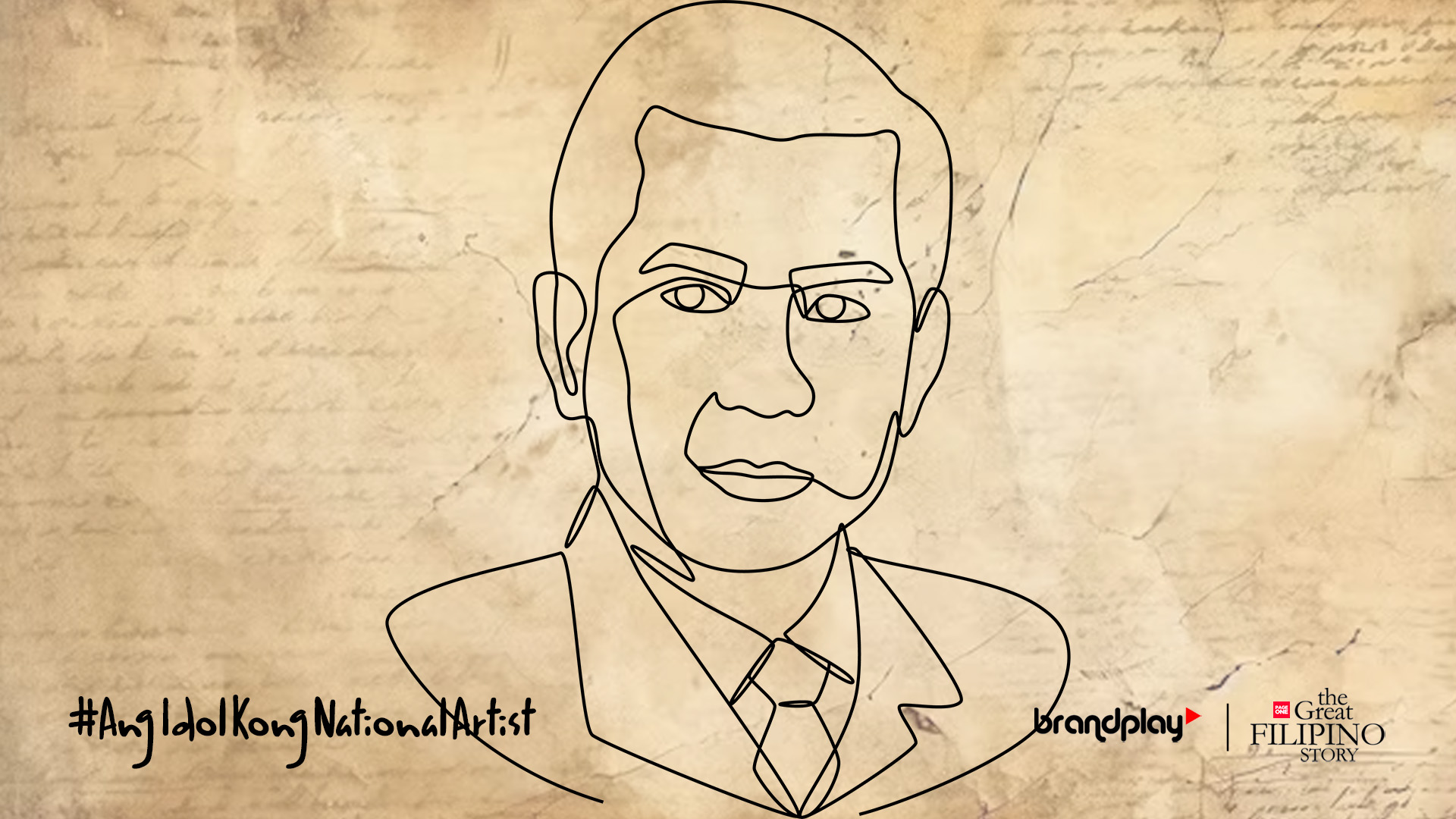Ramón Valera is a significant figure in Philippine fashion, renowned for his inventive designs and dedication to cultural heritage. Commonly known as the “Master of Philippine Fashion,” Valera’s work has transformed the concept of elegance while honoring traditional Filipino clothing.
Born on September 24, 1912, in San Juan, Rizal, Ramón Valera y Oswalds displayed a natural flair for fashion design from an early age. His mother recognized his creativity when she saw him dressing dolls on the piano. He honed his skills under the guidance of renowned designer Mina Roa, who taught him both traditional Filipino and European techniques. Additionally, he gained valuable experience from his parents at their small boutique, Manila Fashions, situated in the newly revamped Escolta area. As a teenager, he even created outfits for his sisters, Lulu and Didi, for special occasions. He was exposed to the world of textiles and tailoring through his family, which inspired him to pursue a career in fashion design. Valera’s education in the United States further refined his skills, where he absorbed diverse styles and techniques.
Valera’s career took off in the 1940s when he began showcasing his designs in various fashion shows. His innovative use of local fabrics, especially the barong Tagalog and terno, distinguished his work from his contemporaries. Valera’s designs combined traditional elements with modern aesthetics, appealing to a wide audience and earning him a loyal clientele. He was known for his meticulous craftsmanship and attention to detail. He often incorporated indigenous materials and traditional Filipino motifs into his collections, creating garments that celebrated the richness of Filipino culture. His iconic terno, with its butterfly sleeves, became synonymous with elegance and femininity, transforming the way Filipinos viewed traditional attire.
Valera transformed Philippine fashion and national costumes with his groundbreaking designs, known for their intricate embroidery, beadwork, and unique cuts. He gained acclaim for his remarkable ability to create perfectly tailored dresses without patterns, showcasing his exceptional craftsmanship. One of his most significant contributions was merging the Baro’t Saya (terno dress) into a single piece featuring exaggerated bell sleeves, a fitted waist, and a zippered back. This innovative approach, which included using zippers instead of hooks and omitting the traditional panuelo—a long scarf symbolizing modesty—surprised the country’s elite.
Ramón Valera’s illustrious career is adorned with numerous prestigious awards, each recognizing his profound contributions to Philippine fashion. Among these accolades, his designation as a National Artist of Fashion Design in 2006 stands out as a crowning achievement, celebrating his significant impact on the industry and his unwavering dedication to elevating Filipino attire to new heights. This honor not only acknowledges his exceptional talent but also positions him as a beacon of inspiration for aspiring designers.
Throughout his career, Valera garnered recognition from various fashion institutions and organizations, reflecting his innovative designs and deep commitment to preserving and promoting cultural heritage. Each award he received was a testament to his ability to blend traditional craftsmanship with modern aesthetics, transforming the narrative of Filipino fashion.
Valera’s influence transcends borders; his work continues to be celebrated in fashion circles both locally and internationally. He serves as a guiding light for future generations, encouraging them to embrace their roots while pursuing excellence in their craft. His legacy as a pioneer in the field is not merely defined by awards, but by the lasting inspiration he imparts—reminding us all that fashion is not just about clothing, but a powerful medium for cultural expression and identity. In a world where creativity knows no bounds, Ramon Valera’s story encourages each of us to dream boldly and weave our unique stories into the fabric of our heritage.




